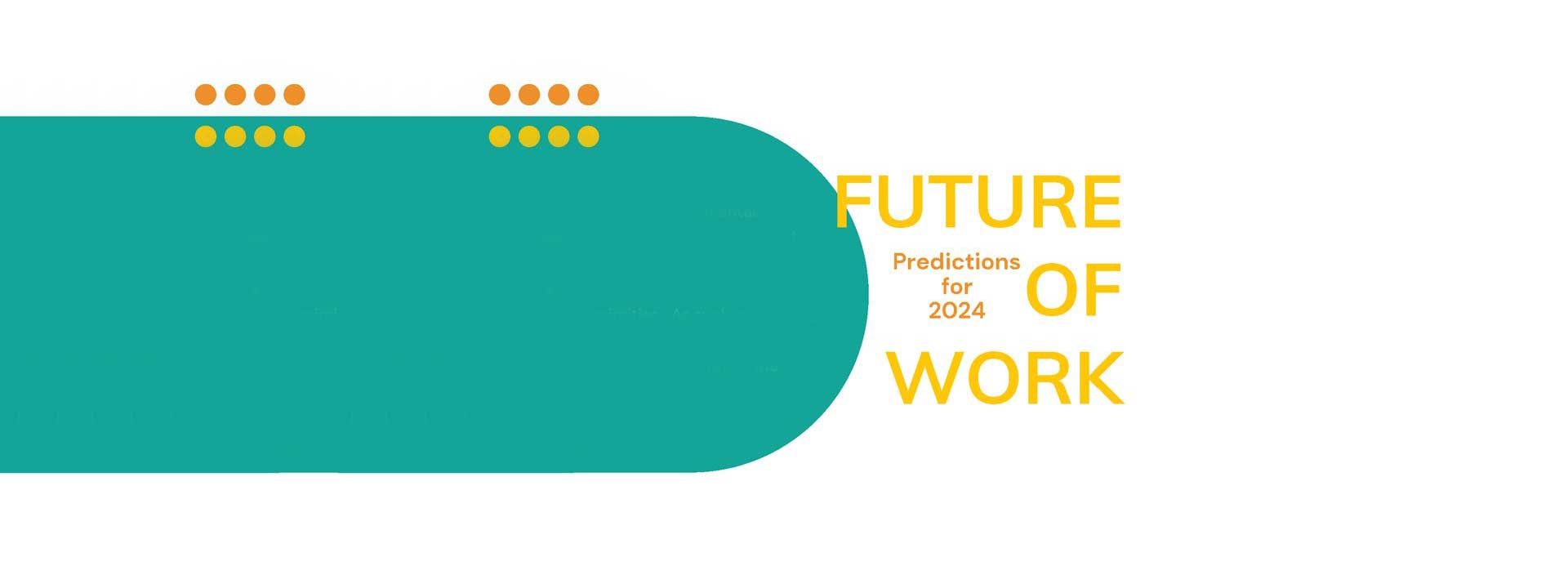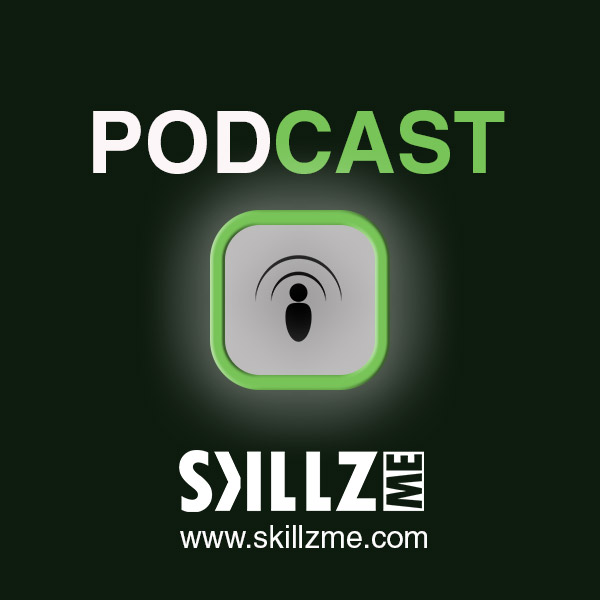
The future of work 2024 and the predictions post-pandemic and the rapid digital transformation have changed how people approach their job.
The pandemic and the ensuing rapid digital transformation have fundamentally changed how people approach their jobs and employers. In the last two years, employees across the globe have reevaluated their personal and professional priorities. As such, everything from the actual work to be done (what) to the workforce doing it (who) to the actual workplace (where) is undergoing tectonic shifts.
As HR and people departments adapt to the many changes we’ve seen this past year, some of the key trends are here to stay for the future of work 2024 and beyond.
From the great resignation to reshuffle to quiet quitting – employees are in charge:
Quiet quitting (employees refusing to go above and beyond their job descriptions) is becoming the next phase of the great resignation (workers leaving their job to either find another or reassess their working future), signaling the end of the hustle culture (eat, sleep, breathe work). Amidst this great reshuffle (workers switching their field) employers are increasingly having to choose between their employees either leaving or potentially becoming less engaged.
More than 50% of workers who have quit their jobs in 2022 are switching their occupations or field of work.
Looking beyond the hustle culture:
As employee well-being and mental health take center stage amidst burnout and uncertainty, businesses need to find ways to make their employees feel valued. Companies need to find ways to invest in their employees, from upskilling to lucrative compensation/bonuses. Employees expect more from their employers; work-life balance, child care, unlimited vacation, etc.
As per research by McKinsey, 4 out of 10 workers showed a result of high burnout and stress.
In 2021, employers added an unprecedented 3.8 million jobs while there are 3.4 million fewer Americans participating in the labor force today compared to February of 2020. In its first year, the pandemic drove more than 3 million adults into early retirement.
Hybrid work continues as companies adopt dynamic in-office and remote work policies:
The pandemic drove the biggest ‘work from home experiment’ as companies had to shift to being remote overnight. As many return to pre-pandemic life, some employees are no longer ready to go back to being in the office full-time. Some are choosing the flexibility that working from home brings while others are looking forward to meeting their colleagues face to face. This means that companies have to quickly figure out the right balance for their workforce.
Nearly one in three (33%) women indicated that the need to be home and care for children or other family members has made the return to work difficult or impossible.
The job market continues to be tough for both skilled and unskilled workers:
A severe labor shortage is plaguing all industries – Salary.com reported that 80% of employers say there is a talent shortage – with jobs requiring specific skills being hard to recruit for and roles that may not require specialized skills facing unprecedented attrition.
According to the U.S. Chamber of Commerce, there are 10.9 million job openings and only 6.9 million available workers.
Pay Transparency amidst the focus on diversity, equity and inclusion:
Pay transparency is becoming increasingly important to employees as a means to truly create an inclusive culture. Employees don’t want to waste time considering jobs that don’t meet their salary expectations and are more focused on driving pay parity across race, gender, etc. Companies need to focus on inclusive compensation that supports their initiatives in this space as well as delivers financial well-being for their employees.
67% of job applicants would be more likely to apply for a job that offered more transparency. 68% of US millennials would consider switching to a job that offered more transparency.
Focus on Retention and Engagement:
The recent labor shortage and rising costs due to a spike in inflation have put upward pressure on pay, leading to the problem of “Pay Compression” This is where new hires are getting higher pay while existing employees don’t get raises at the same rate. This trend is threatening retention as many long-standing employees need to leave their companies to get market-rate pay.
According to Adam Grant, new hires are making 7% more than people currently working in the same job while existing employees are paying Loyalty Tax (making less money if they don’t switch jobs).
Quiet quitting is another term for disengagement. The State of the Global Workplace 2022 report shows that only 21% of employees are actively engaged in their work. That means 8/10 employees are at the risk of quitting.
The Keep Approach
Living and working in the Middle East I evidenced the culture change here. Remote working is even post-pandemic for many old-fashioned company owners still not accepted. Also, the investment into employee development or shifting them even in the organizations into another field is not often practiced. This may be due to the absence of the HCM approach and not the HR approach. Talent management is most of the time only utilized for new hires.
Similarly as noted in the infographic we are helping HR teams through ‘outside the box’ thinking and technology to drive employee development which helps the organization and the vision of employees for their future. Keep Financial who created the infographic “Future of Work 2024” is revolutionizing how companies attract, engage, and retain top talent with vesting cash bonuses — providing an easy-to-use platform to create and deploy upfront compensation to employees that are earned over time.


![State of Cybersecurity 2024 and Beyond [Infographic] hero-image-2024-Global-ISACA-State-of-Cybersecurity](https://www.skillzme.com/wp-content/uploads/2024/11/hero-image-2024-Global-ISACA-State-of-Cybersecurity-200x200.jpg)
![5 Bold Predictions for AI in 2025 [Infographic] hero-image-AI-Predictions-2025](https://www.skillzme.com/wp-content/uploads/2025/02/hero-image-AI-Predictions-2025-200x200.jpg)
![The Future of Jobs Report 2025 [Infographic] hero-image-the-future-of-jobs-report](https://www.skillzme.com/wp-content/uploads/2025/02/hero-image-the-future-of-jobs-report-200x200.jpg)


Recent Comments